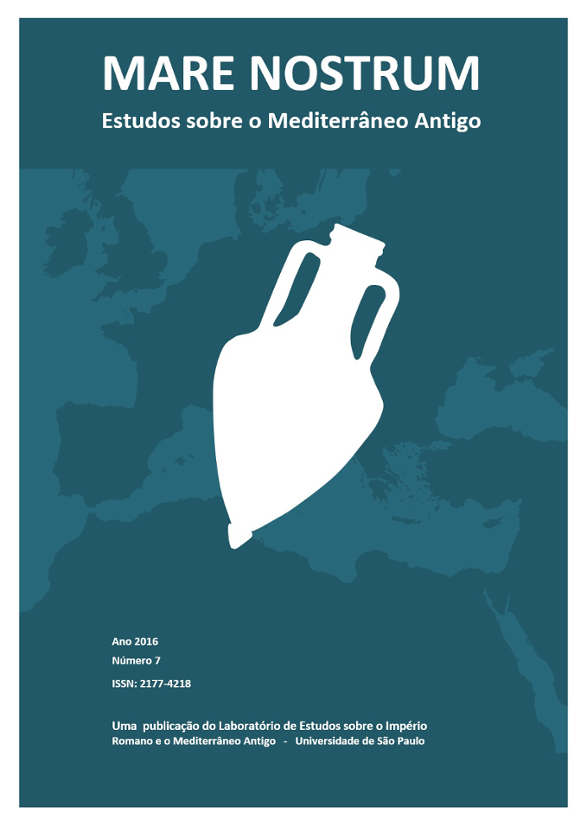Epicuro y el desinterés estético
DOI:
https://doi.org/10.11606/issn.2177-4218.v7i7p56-74Palabras clave:
Epicuro, estética, deseos, artesResumen
Aesthetic disinterestedness is one of the central concepts in aesthetics, and Jerome Stolnitz, the most prominent theorist of disinterestedness in the 20th century, has claimed that (i) ancient thinkers engagement with this notion was cursory and undeveloped, and consequently, (ii) the emergence of disinterestedness in the 18th century marks the birth of aesthetics as a discipline. In this paper, I use the extant works of Epicurus to show that the ancient philosopher not only had similar concepts, but also motivated them in careful and complex ways. I argue that, in the Epicurean theoretical framework, arts belong to the category of ‘merely natural’ desires, and this classification, combined with what we know of Epicurus’ rejection of art criticism, shows he had carefully worked out reasons supporting the idea that art ought to be approached terminally, rather than instrumentally. Finally, I compare the notion of aesthetic disinterestedness with Epicurus’ views on arts and argue that in many ways the latter are not inferior to the former, and therefore ought to belong to the history of aestheticsDescargas
Los datos de descarga aún no están disponibles.
Descargas
Publicado
2017-03-27
Número
Sección
Artículos
Licencia
Mare Nostrum no se hace responsable del contenido vertido en la publicación, el cual depende exclusivamente del autor o autores del texto.
La reproducción de textos publicados por Mare Nostrum se distribuye bajo una licencia de uso y distribución de Creative Commons Attribution-NonCommercial 4.0 International (CC BY-NC).
Los autores que publican en esta revista deben estar de acuerdo con los siguientes términos:
- Los autores conservan los derechos de autor y garantizan el derecho de la revista a realizar la primera publicación con una colaboración simultánea autorizada bajo la licencia Creative Commons Attribution License, que permite difundir el trabajo con el reconocimiento de su autoría y de que ha sido publicado inicialmente en esta revista.
- Los autores tienen la posibilidad de realizar acuerdos contractuales adicionales para una distribución no exclusiva de la versión del trabajo publicada en la revista (por ejemplo, compartirla en un repositorio institucional o publicarla en un libro), siempre que quede constancia de su publicación inicial en esta revista.
- Se permite e incluso se anima a los autores a que compartan su trabajo online (por ejemplo, en un repositorio institucional o en sus páginas web) antes y durante el proceso de envío, con vistas a que se generen intercambios productivos, así como una citación del trabajo previa a la publicación y de mayor calado (véase The Effect of Open Access).
Cómo citar
Epicuro y el desinterés estético. (2017). Mare Nostrum, 7(7), 56-74. https://doi.org/10.11606/issn.2177-4218.v7i7p56-74









